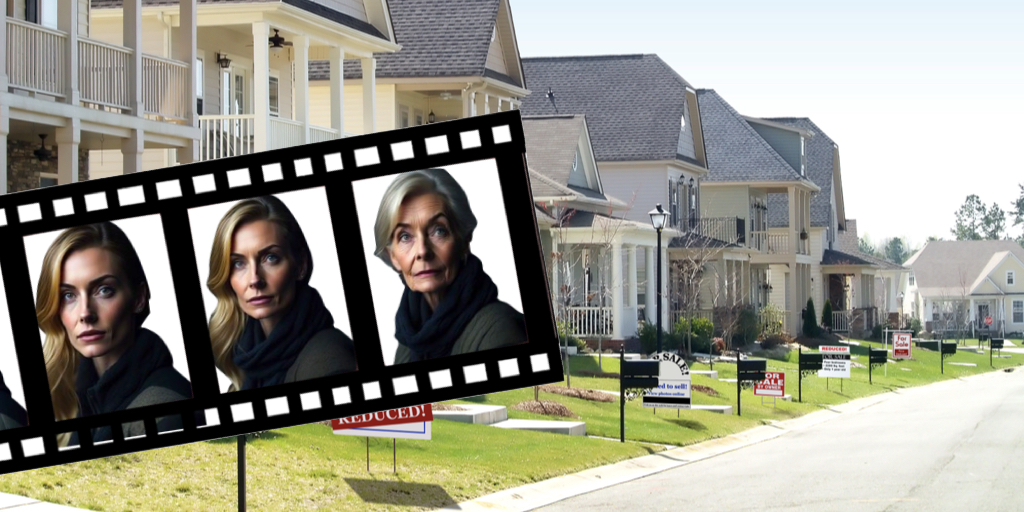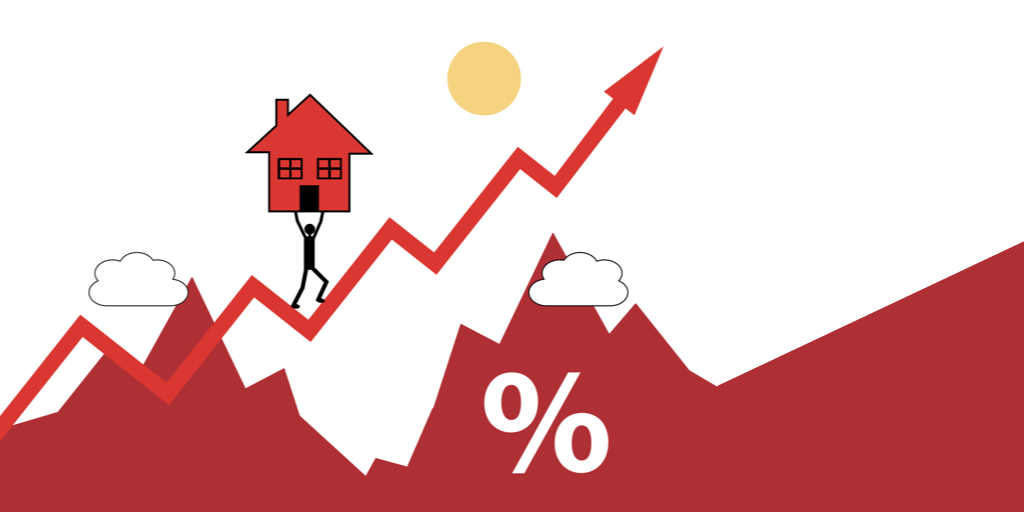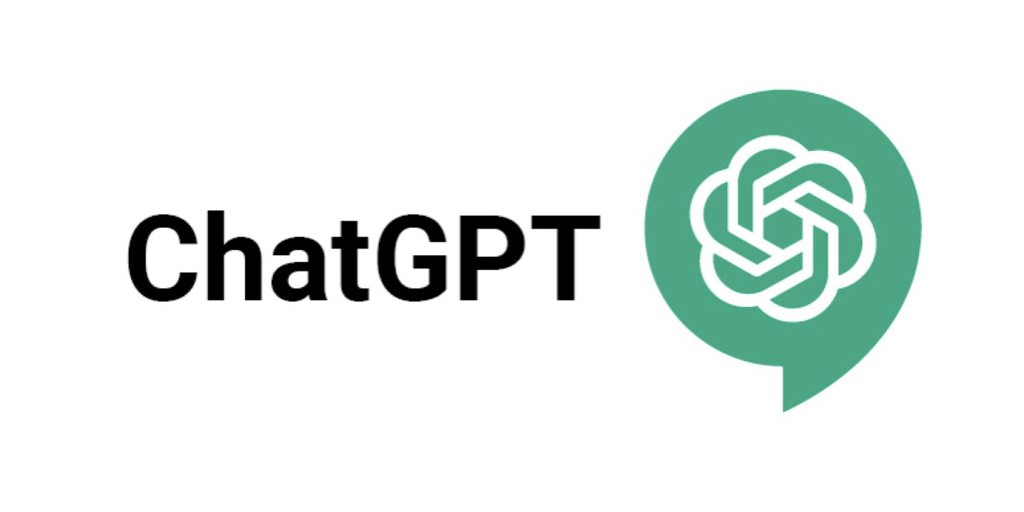Just in
Just in
Just in
- Articles
- Articles
Articles
The Mortgage News Roundup
- Podcast of the Week
The Latest
The Latest
The Latest

Goodlife Home Loans has posted notable month on month gains...
Tune in to the September Top 100 HECM Lenders Report.
Fridays Food for Thought
Fridays Food for Thought
Fridays Food for Thought
Who We Are
Welcome to HECMWorld, Reverse Mortgage Industry News, Analysis, and Insights.
Our Vision
HECMWorld.com began as the “go-to” site for the “Top 100 HECM Lender’s Report” which was relied upon by thousands of reverse professionals across the country to see the ranking of lenders who originate the federally-insured reverse mortgage- or Home Equity Conversion Mortgage (HECM).
Today HECMWorld.com is THE resource for reverse mortgage lenders and financial professionals to find engaging, entertaining, and educational content through commentary, short video segments, and marketplace analysis covering important topics.
Our Mission
Our mission at HECMWorld is to empower, educate, and engage the reverse mortgage industry and seed its growth through fostering a sense of deep connection using personalized brand media and delivering authentic, relevant content.
- Sign up for our newsletters
The best of Business news, in your inbox
Who We Are

Welcome to HECMWorld, Reverse Mortgage Industry News, Analysis, and Insights.
Our Vision
HECMWorld.com began as the “go-to” site for the “Top 100 HECM Lender’s Report” which was relied upon by thousands of reverse professionals across the country to see the ranking of lenders who originate the federally-insured reverse mortgage- or Home Equity Conversion Mortgage (HECM).
Today HECMWorld.com is THE resource for reverse mortgage lenders and financial professionals to find engaging, entertaining, and educational content through commentary, short video segments, and marketplace analysis covering important topics.
Our Mission
Our mission at HECMWorld is to empower, educate, and engage the reverse mortgage industry and seed its growth through fostering a sense of deep connection using personalized brand media and delivering authentic, relevant content.




















